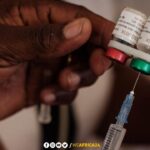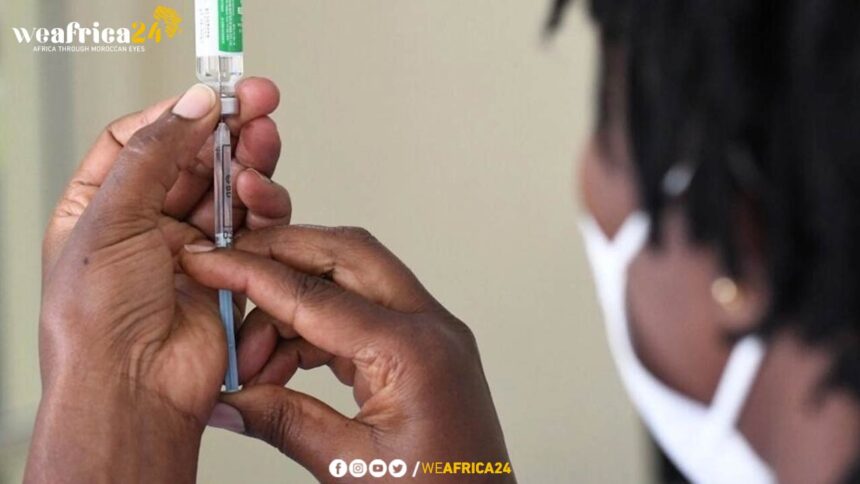Paris is hosting the Global Forum for Vaccine Sovereignty and Innovation. Initiated by Gavi (the Vaccine Alliance), the African Union, and France on behalf of Europe, the summit is set to gather representatives from African states, donors, the pharmaceutical industry, civil society, and international organizations at the French Ministry of Foreign Affairs. Attendees include the presidents of Senegal, Ghana, Rwanda, and Botswana.
The primary goal of the forum is to enable Africa to have greater and faster access to vaccines, with an emphasis on increasing domestic production. However, Gavi’s immediate objective is to secure funding for the next five years.
This alliance of states, industrial players, international organizations, and foundations has, over the past two decades, leveraged its negotiating power with manufacturers to save 17 million lives by helping African nations vaccinate one billion children against diseases such as measles, pneumococcus, diphtheria, tetanus, pertussis, and polio at affordable prices.
Now, Gavi aims to vaccinate another billion people in half the time, rolling out new vaccines against malaria and cervical cancer, a leading cause of death among African women, while replenishing its stock of vaccines against yellow fever, cholera, and Ebola.
The forum also aims to launch a new financial instrument, the African Vaccine Manufacturing Accelerator (AVMA), to promote the development of a robust vaccine industry on the continent. Currently, Africa imports more than 98% of its vaccines. The Covid-19 pandemic highlighted this vulnerability, as Africa was among the last to receive vaccines. Although progress has been made, it has not been sufficient, as demonstrated by the recent cholera vaccine shortage.
Africa currently produces only 1 to 2% of the vaccines it requires. Initiatives launched in the wake of the coronavirus crisis have yet to materialize. For instance, in Kenya, Moderna has abandoned its Covid-19 vaccine project, although Nairobi authorities hope to establish a tuberculosis-polio-varicella vaccine filling plant within five years.
In Rwanda, while no production date has been set, German firm BioNTech has shipped containers equipped with mRNA technology to manufacture Covid-19, malaria, and tuberculosis vaccines in the future. In Senegal, the Pasteur Institute of Dakar is revamping its yellow fever vaccine production, aiming for 40 million doses by the end of 2024 using traditional cell culture technology. A new facility is also planned to produce measles vaccines.
In South Africa, despite delays in scaling up its mRNA hub and awaiting technology transfers from the only Korean cholera vaccine manufacturer, local champion Aspen plans to establish a facility within two to three years. This facility will initially focus on bottling serum produced in India, a faster solution to implement.







